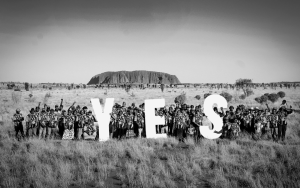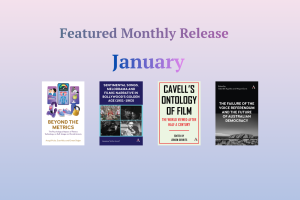A long-term view of feelings about immigrants
This is a guest post by Ben Braber, author of Changes in Attitudes to Immigrants in Britain, 1921-2021: From Alien to Migrant
The public debate about immigration is raging in Britain and abroad, but English language use keeps changing. That usage denotes changing attitudes to immigrants. Academic researchers have noticed this phenomenon, but they usually review language use in relation to immigration within the framework of a short period of time.
For example, the recent study ‘A hostile environment: Language, race, politics and the media’ by Maka Julios-Costa and Camila Montiel-McCann (Runnymede Trust, 2025) is only interested in Theresa May’s hostile environment, and ends the period of interest in 2014.
I think we would profit from a long-term perspective. To provide that view, I have written my new book – Changes in Attitudes to Immigrants in Britain, 1921–2021. From Alien to Migrant (London / New York, Anthem Press 2025).
Previous work
The book starts where my previous work ended – in 1921 (Changes in Attitudes to Immigrants in Britain, 1841-1921. From Foreigner to Alien, London / New York, Anthem Press, 2021).
In the new book, I examine changes in attitudes towards immigrants in Britain and the words that were used to put these feelings into words between 1921 and 2021. It thus deals with immigrants in Britain up to 2021 and thus embraces both the accession of Eastern European countries into the European Union and Brexit. It covers the period beyond 2014 and the impact of Brexit and the increase and decrease of net migration.
It also analyses in what context attitudes were articulated and where they came from. To determine what was specifically British, I make international comparisons.
Novel method
The book applies a rather novel historical and linguistic method for an analysis of so far relatively unused primary sources. It also explores secondary resources and, to provide context, engages with the existing literature that deals with immigration.
The linguistic-historical approach applied in my two studies on attitudes to immigrants in Britain shows when and how attitudes to immigrants in Britain changed after 1841, where they originated and what language was used to voice these attitudes, in particular specific words, their meanings, the under- or overtones they bore, and what people meant or felt when they used them. It highlights the way in which, over the two centuries covered, the labels given to incomers to Britain have changed in tune with the variation of those arriving and attitudes towards them. And, finally, it links post-1921 developments to what was set in motion before 1921 to sketch a long history that runs into the present.
Latest Posts

Voice, Democracy and the Future of Reform
This is a guest post by Gabrielle Appleby and Megan Davis, authors of The Failure of the Voice Referendum and the Future of Australian Democracy Don’t be fooled by...

Talk of the Town: Monthly Publishing Industry News Digest
Global publishing and research continue to shift under the pressures of technological change, policy reform and international collaboration. From market insights at major book fairs to debates around open access,...

Featured Monthly Releases – January 2026
January opens the year with a sense of renewal and momentum, setting the tone for the months ahead. Discover our featured releases for this month. The Failure of the Voice...

When the Mirror Lies: A Female Bodybuilder’s Battle with Fitness Tech and Body Dysmorphia
This is a guest post by Asegul Hulus, author of Beyond the Metrics: The Psychological Impact of Fitness Technology on Self-Image and Social Anxiety Six months have passed since I...

